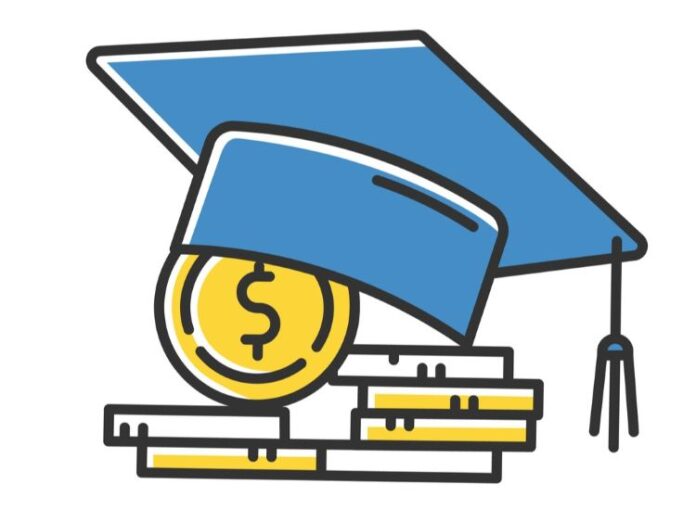All districts — A modified version of a federal school voucher program approved in the sweeping federal reconciliation bill early this month requires states to opt in — meaning those that have resisted voucher programs won’t have to take part.
“This is a far more limited tax provision under the federal law than what was initially proposed,” said Dan Behm, executive director of Education Advocates of West Michigan, which advocates for policies and budgets that support local preK-12 schools at the state and federal level.
Before the tax and funding cut bill — dubbed the “One Big Beautiful Bill Act” — passed on July 3, Behm expressed concerns about a section of the bill that would have created a universal federal voucher program and its potential impact on public education. As originally written, it would have allowed people in all 50 states to donate to entities called scholarship-granting organizations and receive a 100%, dollar-for-dollar tax credit for their contributions.
‘I don’t see any immediate impact to K-12 education in Michigan.’
— Dan Behm, executive director of Education Advocates of West Michigan
Michigan Historically Against Vouchers
Over the decades Michigan has resisted allowing vouchers. Former U.S. Education Secretary Betsy DeVos, of the billionaire DeVos family of West Michigan, backed the voucher-like Let MI Kids Learn proposal that failed to make it onto the state ballot in 2023. Also, in the 2000 election Michigan voters rejected, by 69% to 31%, a DeVos-backed referendum that would have amended the state Constitution to allow a voucher system and for public resources to be used for private schools.
The opt-in provision of the new program and the state’s Constitutional provision make it unlikely that Michigan will participate.
“I don’t see any immediate impact to K-12 education in Michigan,” Behm said. “This passed version is a much smaller and much less disruptive quasi-voucher system.”
In terms of nationwide impact, the program was also scaled back in terms of the allowed amount of contributions. The original proposal was for people to be able to contribute up to 10% of their adjusted gross income, (up to a maximum of $5,000 for those who earn $50,000 or less). The modified plan caps contributions at $1,700 per year and limits them to individuals, rather than allowing corporations to donate as well.
The finalized plan also requires money collected by a scholarship-granting organization to stay in the state it exists for services in that state only.
What States Can Expect
In states that opt in, the nonprofit scholarship-granting organizations are planned to provide scholarships to eligible students for private school tuition, curriculum resources, books and instructional materials, tutoring, online courses, dual enrollment at community colleges, educational therapies, test fees, and home-schooling expenses. Eligible students are defined as a member of a household with an income not greater than 300% of the area median gross income.
The program is modeled after the Educational Choice for Children Act, which was introduced in the House on Jan. 31. It received approval from the House Ways and Means Committee May 14 before being added to the reconciliation bill.
The fact that the program takes effect in the 2027 tax year gives states the 2026 window for states to approve the program and set up scholarship granting organizations, Behm said.
Read more:
• Young brains, big potential: From birth onward, special-ed services can make a lifetime of differences
• ‘Student involvement, teacher involvement – directly related’









